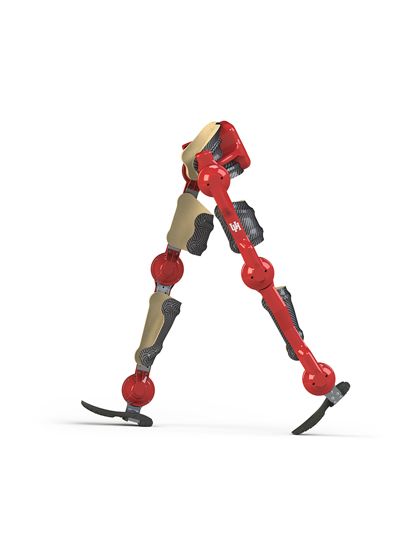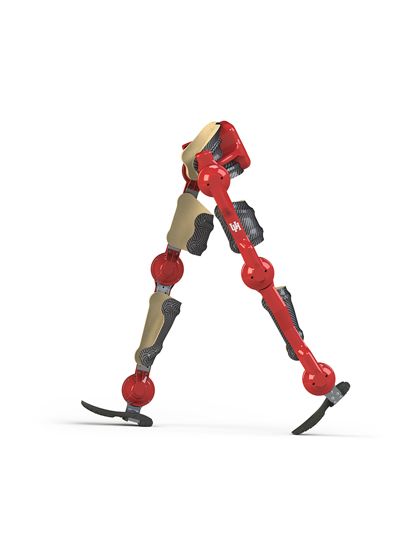University of Houston researchers aim to leverage a new, noninvasive brain-machine interface system that taps into human brainwaves to control and command a wearable exoskeleton—a technology that could enable paraplegic kids to walk.
Kristopher Sturgis

A new study out of the Laboratory for Noninvasive Brain-Machine Interface Systems at the University of Houston (UH) has paved the way for a new exoskeleton technology that will be unveiled at Cybathlon in Zurich — an event where the world’s most innovative prosthetic and assistive technologies are unveiled. Jeffrey Gorges, researcher at the university and lead research technician on the project, says that the powered wearable robot has application possibilities for patients of any age suffering from lower-limb paraplegia, but the focus is moving toward a system for children.
